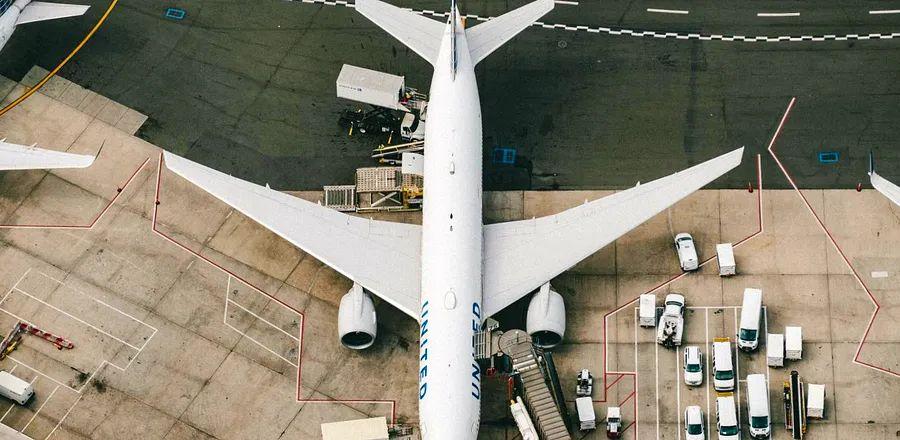United CEO Warns of Ongoing Air Travel Disruptions

On Wednesday, the CEO of United Airlines stated that other carriers may struggle to manage the flights they intend to operate this year, which could lead to further disruptions for passengers.
Scott Kirby emphasized that airlines operating under pre-pandemic conditions are likely to face difficulties. He pointed out that the industry is contending with a shortage of pilots and staff, outdated technology, and pressure on the Federal Aviation Administration (FAA) overseeing the nation's airspace. "The system simply can't accommodate today's volume, let alone the expected growth," Kirby remarked. "Several airlines are unable to fulfill their schedules, and the customers are suffering because of it."
Kirby cited significant flight cancellations in late December as an example of potential issues. He alluded to Southwest Airlines—which he didn't name directly—having canceled nearly 17,000 flights during that period due to a winter storm that disrupted schedules and overwhelmed their crew-scheduling system.
"What occurred over the holiday season wasn't just an isolated incident caused by weather, nor was it limited to a single airline," he noted. Alaska, Spirit, and Frontier also experienced significant flight cancellations in late December.
Kirby shared these insights during a call with analysts and reporters that was intended to discuss his company’s fourth-quarter financial results. He adopted a contrarian stance, as airline executives typically refrain from publicly criticizing their competitors. They often remain overly optimistic, viewing significant flight disruptions and other challenges as rare occurrences influenced by external factors such as weather.
Unsurprisingly, Kirby mentioned that United is taking a distinct path. He noted that the airline has invested in technology, employs more staff per flight compared to pre-pandemic levels, maintains a larger number of spare aircraft, and avoids overburdening the schedule. However, these measures have increased United’s operational costs by approximately 15 percent per mile, excluding fuel, compared to 2019.
Last year, United’s cancellation rate was slightly better than most of its competitors but not the best overall. Among the six largest U.S. airlines, Delta canceled 1.4 percent of its scheduled flights in 2022, while United had a 2 percent cancellation rate, Alaska 2.4 percent, American 2.5 percent, Southwest 3.0 percent, and JetBlue 3.1 percent, according to FlightAware's tracking service.
All these airlines encountered additional challenges last week. Over 1,300 U.S. flights were canceled and 11,000 delayed in a single day after a failure in an FAA system that alerts pilots to safety issues, leading to a temporary halt in all takeoffs.
Similar to Delta Air Lines CEO Ed Bastian and American Airlines CEO Robert Isom, Kirby expressed support for the FAA but emphasized that Congress does not allocate sufficient funding for the agency to manage its increasing workload, which now includes overseeing drones and rocket launches, as well as intensifying its scrutiny of operators following the two Boeing 737 Max tragedies in 2018 and 2019.
Following the closure of the stock market on Tuesday, United Airlines, based in Chicago, announced a profit of $843 million for the fourth quarter and forecasted that its earnings for 2023 would significantly exceed Wall Street expectations. However, shares of United Airlines Holdings Group Inc. dropped by 4.6 percent on Wednesday, while most of its competitors experienced smaller declines, and Delta managed to achieve a slight increase.
Evaluation :
5/5



